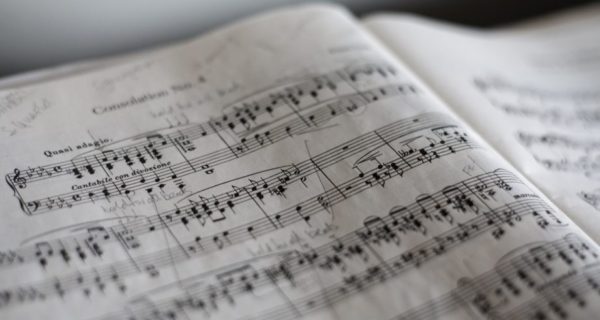On the brink of the turn of the millennium I read most of Tolkien’s books, most of them in Dutch and some in English. At the time I was wondering how Tolkien would look in the language of my forbearers (on my father’s side of the family), Frysian (or Frisian). Friesland or rather Fryslân, is a province of the Netherlands and my father’s family has a strong connection with the area and the language. Once Frysia was ‘fast kingdom’, nowadays only ‘fragments’ remain in various countries. Tolkien mentions Frysians several times in various works, notably in Finn and Hengest and The Fall of Arthur. Thus he must have known of them not only from these stories, also as a linguist Tolkien might had known them because English and Frysian, as languages, are relatives. As the seeing goes; “Bread, butter and green cheese is good English and good Fries” (or in Frysian: “Brea, bûter en griene tsiis is goed Ingelsk en goed Frysk”).
I set out to find a Frysian translation of any book by Tolkien but found none. Then I tried to find someone willing to translate the books. I first found Liuwe Westra, who was (and still is) working on his translation of The Lord of the Rings in Frysian. I also found Anne-Tjerk Popkema who was translating The Hobbit. Making a very long story very short, in 2009 Mr. Popkema published his De Hobbit of Dêrhinne en wer werom and in 2011 Mr. Westra published his first part, Master fan alle Ringen diel 1 It Selskip fan de Ring.
In that year (2011) I wrote my first composition based on Mr. Popkema’s Frysian Hobbit, it was written for male choir, alto clarinet, violin and harp and was set to the song the Dwarves sing in the house of Beorn. I named it “Wyn fan de Draak” (Wind of the Dragon). I now consider the song unfinished at this time. It needs much reshaping mostly in the layout kind of the word (by renewing the software of my notation programme it made a mess out of my writing and I haven’t come around to restoring it), but a few musical adjustments are necessary too. It is a light-hearted but sad song, perhaps a little bittersweet. It can be heard on Youtube by clicking here.
“It Paad giet fierder” was written a few months later in 2012. It was set to words from Mr. Westra’s translation of the Walking Song as first encountered in the Lord of the Rings. This song is for male voice (barriton) and piano. It is a simple rhythmic repetition with slight alterations. Like walking along a unwinding path the singer mast pay attention to the song if he wants to stay on the path, and not tumble over some lose rock or standing stone.
The third (and until now last) song I wrote concerning Hobbits, Dwarves and Elves is a setting of Gil-galad. It is an acapella solo for bass voice. It began with a melody I used to hum to the English lyrics and after the publication of It Selskip fan de Ring I tried to fit the Frysian text and was successful. It may bear some resemblance to the musical adaptation by the Dutch group The Hobbitons, but this is purely accidental because I used the melody before I ever heard their version though theirs is older, I think.
All three of these songs are “Dedicated to Anne-Tjerk Popkema and Liuwe H. Westra for their translations of works by JRR Tolkien into Frysian, thus realising one of my dreams” (as quoted from “Wyn fan de Draak”).
I wrote these works for male voices, though that does not mean the females are not allowed to sing these work; just adjust the octaves to suit your voice.
I could go on writing/talking about these works, but I rather like the music to speak for itself. If you have any questions please feel free to check my website www.jeroenbakker.webs.com. Some of my scores are published on http://imslp.org/wiki/Category:Bakker,_Jeroen_%28van_Luiken%29
All Frysian texts that are used in my music are published by kind permission of Utjouwerij ‘Elikser’ and Utjouwerij ‘Frysk en fry’ who acquired the rights for the Frysian translations from Harper Collins Publishers, London U.K.

